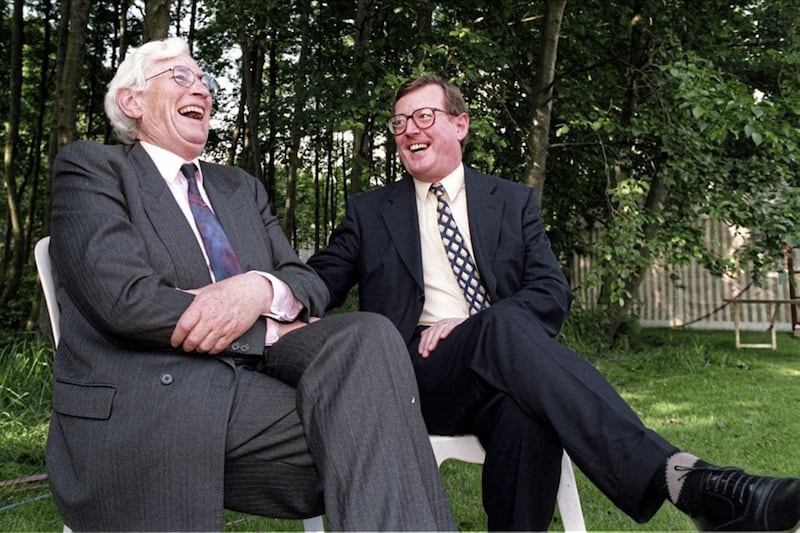WHAT is a human? The Bible talks about humans being made in the image of God, though Adam and Eve quickly decide to turn that around and make God in their own image.
This apparently unavoidable instinct to reject God - seen most vividly in the crucifixion of Jesus, where man killed his creator - has been called original sin by theologians.
Sin, in the biblical sense, is bad news; by rights, the human condition leads unswervingly to hell and separation from God.
But the good news in the Christian narrative and its explanation of human history is that redemption is possible, and that it comes with the promise of heaven achieved through the death and resurrection of Christ.
The quest for redemption need not be framed only in eternal, eschatological terms.
The best stories offer hope and opportunity for redemption. There's deep human drama in it. We know this from literature, cinema and even sport.
What a contrast to the identitarian, or woke, political milieu. It is a troublesome way of approaching the 'what is a human?' question for a number of reasons, not least because it offers no redemption, no absolution to those heretics who fall foul of its creeds.
It's an unforgiving and antagonistic worldview in which the content of a person's character - or their experience and knowledge in the subject at hand or the quality of their argument - matters less than either the group they identify themselves as belonging to or the group others identify them as being part of.
It's a grim vista, though as a man I would be expected to say that. Whether they know it or acknowledge it, all men are misogynists and, though I must have missed the day at my all-boys' grammar school when we were given membership papers, part of a patriarchy.
To say otherwise is, the high priests and priestesses of woke have it, is to be in denial or to have internalised my privilege or somesuch.
As a white heterosexual man, how am I to rid myself of my unearned privilege? How is my 10-year-old son?
Who gets to decide when we've unearned enough of it? And who gave them the privilege of deciding?
Yuval Noah Harari, an Israeli historian-philosopher-futurist, is a hard guy to put in an identity box.
The Sapiens: A Brief History of Humankind author has done a lot of thinking about the 'what is a human?' question, including what it might mean in the near-future age of artificial intelligence.
Speaking at the World Economic Forum in Davos last month, Harari said that while technology held enormous promise, it might also disrupt "the very meaning of human life" including the creation of "a global useless class to the rise of data colonialism and of digital dictatorships".
It's already happening, as humans increasingly rely on the algorithms which run Facebook, Google, Netflix, Amazon and even the Daily Mail website.
From here, Harari reckons it's not a big leap to similar algorithms that might "tell us where to work and who to marry, and also decide whether to hire us for a job, whether to give us a loan and whether the central bank should raise the interest rate".
This means "humans are likely to lose control over our own lives".
"What will be the meaning of human life, when most decisions are taken by algorithms? We don't even have philosophical models to understand such an existence."
Harari is being provocative but I think he's wrong. Our environment might change but the algorithm that makes the human condition tick will remain the same as it has since Adam and Eve were in Eden.
The possibility of redemption is at the sinful heart of what it is to be human - which is why identity politics is a dead end and why even the rise of artificial intelligence won't change the fundamental meaning of life.









